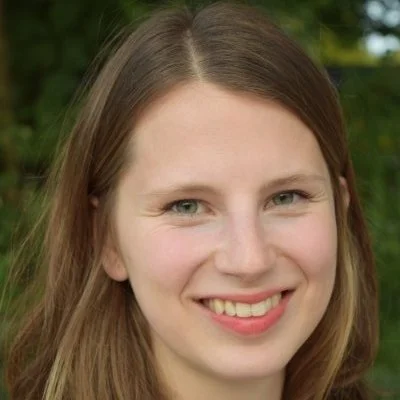“Where do you want this community to be in 30 years’ time?” Reflections from the WHT Annual Leadership Forum
We met on a sunny summer morning and made it directly to thecoffee tables.
“End of term is tough,” we all agreed, sleep deprived, half awake and craving caffeine.
The Leadership Forum came amidst exams and essays and memosto write, but we were all excited to see each other again and close the yeartogether.
We kicked off by reflecting on what leadership beyondauthority meant.
“Sacrificing more than others.”
“Shedding your ego for the cause.”
“Leading by example.”
We looked back on our moral philosophy sessions.
“Who is a legitimate leader and what gives her legitimacy?”
“Service Conception says that it is the one who truly advances the good of the citizens and is the most virtuous, regardless of whether s/he’s recognised as a leader.
“Is such a leader any good if s/he’s not in a position of power?”
“You can lead from different places – in your community, on a national level, in your field of expertise, globally.”
“You have to know how to operate in less than ideal ethical environments.” What do you need for that? How did the year equip you to do that? “You need to understand power and map it.”
“What is the point of having leaders? Why do we not celebrate followership equally?”
“That’s cultural. There are cultures where followership is as valued as leadership. Preoccupation with leadership is a Western issue.”
“Is it a result of the doctrine of individualism?”
“Today, leaders are facilitators much more than the stars of the show.”
We were thrown out of reminiscing to envisage the future:
“Think beyond this year,” Nik Kirby encouraged us. “Where is this scholarship and what is your place in it in 10, 20, 30years’ time? Alexandra won’t be part of it anymore – but you will stay on. What do YOU want this scholarship and this community to mean?”
That question stayedwith us unanswered, hanging in the air as we hopped on the Oxford-London train,buzzed through busy London streets on to Aubrey House, which awaited us in allits splendour and peace.
Quick look aroundthe gardens, practice pitches and stock up on sugar for the business panelgrilling – the baklava, strawberries and brownies were delicious!
And we roll:
“DocLink is a private messaging platform for doctors and their patients that provides out-of-hours communication on urgent medical matters.”
“Project Dastaan brings India/Pakistan Partition to life through Virtual Reality.”
The business panel grills us:
“How did you calculate the initial customer uptake?”
“Who will develop the messaging platform and why don’t you partner with the existing ones?”
“What is the upfront investment in the VR technology?”
After the sweat, thetreat. Intriguing conversations with fascinating people, their stories bogglingour minds:
“I reduce the number of maternal and infant deaths at birth in India.” “I publish books.” “I pioneered University IT systems.” “I invest in sustainable development projects.” “I’ve advised on the Rohingya refugee crisis.” “I’m making diagnosing Ebola more efficient.” “I’ve designed an online education platform to bring access to information for all.”
And the speeches: “The leadership programme taught me how to fight negative narratives in the Global South,” says June, our brilliant Kenyan water engineer.
“Education is a game changer for every human being, it is what sets us free,” chimes in Antonio, Argentina’s rising political star. “We have a moral duty to those who weren’t given the opportunity.”
More conversations,more impressive deeds to be inspired by, more aha moments.
The night is windingdown and the scholars are slowly moving to the pub – ties are loosened, heels arelost. Here we are again for one last time, just the 27 of us, to share laughterand each other’s company. Nothing has changed, no bonds have been lost, despitethe busyness of Trinity term and exams.
We gift the lastbirthday photographs, ignore Nik’s calls for prolonged philosophising in pubs, hopon buses and miss them, and in the dim light of late-night London coaches we continuethinking:
What do WE want this community to mean? What is our role in it in 30 years’ time?


